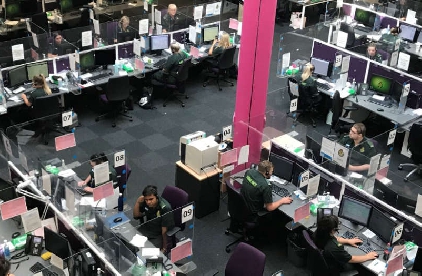
Some of the most serious emergency calls are to be downgraded by the region’s ambulance trust in a bid to cut response times to heart attacks and strokes.
West Midlands Ambulance Service, which has some of the worst handover delays in the country, will be taking part in an NHS trial which will see some of the most serious ‘category 2’ calls – such as strokes, heart attacks, sepsis and burns – re-assessed by clinicians to find out how quickly paramedics need to respond to the emergency and whether an ambulance is required at all.
But while the NHS says the move will be prioritising response times to time-sensitive emergencies such as heart attacks and strokes, which should be responded to within 40 minutes, it will still mean many ‘999’ calls will not be treated as such.
The move, which is also being trialled by London Ambulance Service, is expected to affect around 40 per cent of ‘category 2’ 999 calls, the NHS said.
The results of the trial will then be used to establish whether some of the ‘least’ serious ‘category 2’ emergencies – such as some types of burns – can be indefinitely downgraded into ‘category 3’ – which are ‘urgent’ but not immediately life-threatening.
A spokesperson for the NHS said: “This trial, supported by clinicians, will start in two areas of the country with the aim of speeding up ambulance response times for the sickest patients who need care and treatment most quickly – in a similar way to how category 3 and 4 calls currently work.
“The proposal being tested will see a clinician call and assess those patients who could be treated through other services, such as a community response.”
Earlier this month, the region’s ambulance service admitted that long handover delays had been at “catastrophic” levels for 12 months and showing no signs of improving.
Some of the most ‘serious’ and at-risk patients, including those who have had strokes, are still having to wait almost two hours for an ambulance to arrive with many needing help after falls facing agonising waits of 12 hours or more.
The county’s NHS bosses have already admitted they have been forced to choose between treating patients in corridors or in the back of ambulances as they prepare for another shortage of beds this winter.
The struggles continue for already under-pressure NHS staff in Worcestershire ahead of a hectic winter with trust chiefs admitting it is already short of 45 beds.
As many as 20 people a night are said to be waiting in A&E for beds that cannot be provided and the hospital trust is having to make ‘risky’ moves and decide between moving patients to corridors or keeping them in a back of an ambulance for treatment.


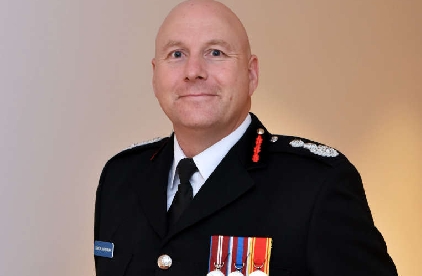 Possibility of fires linked to garden waste charges ‘on the radar’
Possibility of fires linked to garden waste charges ‘on the radar’
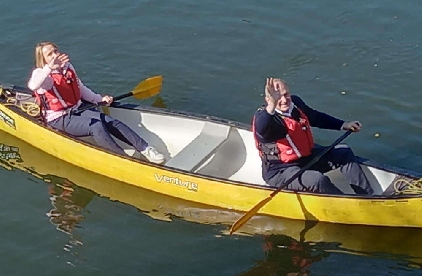 Lib Dem leader canoes on river Severn
Lib Dem leader canoes on river Severn
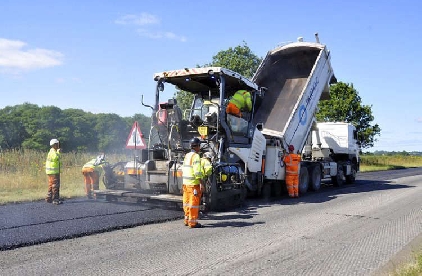 Highways contract extended for another year
Highways contract extended for another year
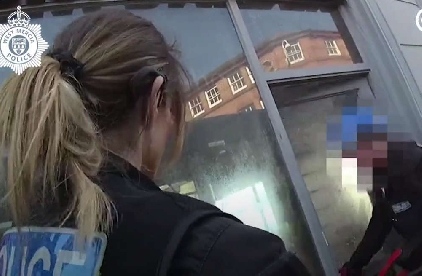 £500K seized in crackdown on barbershops used for money laundering
£500K seized in crackdown on barbershops used for money laundering
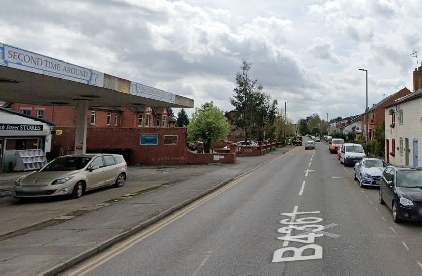 Pedestrian seriously injured in Leominster collision
Pedestrian seriously injured in Leominster collision
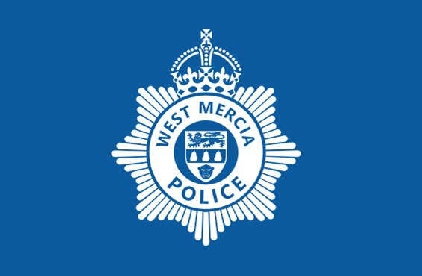 West Mercia Police officer dismissed
West Mercia Police officer dismissed
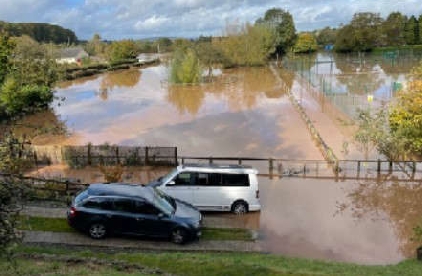 Ludlow Town Council objects to rugby club’s plans
Ludlow Town Council objects to rugby club’s plans
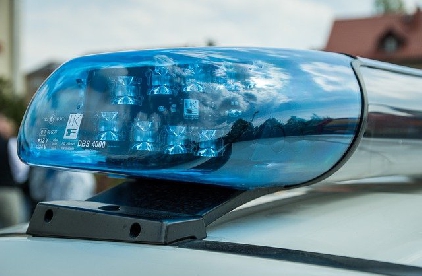 Witnesses sought following assault in Craven Arms
Witnesses sought following assault in Craven Arms
